Optimal Water Treatment Scheduling
Water treatments are essential for maintaining water quality and ensuring safe, clean water supply. The timing of treatments depends on various factors including water source, usage patterns, and seasonal changes. Proper scheduling can enhance treatment effectiveness and prevent issues such as scaling, corrosion, or microbial growth.
Spring and fall are ideal for comprehensive water treatments to address seasonal changes and water quality fluctuations.
Treatments are most effective before periods of high usage or temperature changes to prevent buildup and contamination.
Perform water treatments after plumbing repairs or system maintenance to ensure water quality is restored.
Schedule treatments ahead of periods of increased demand to maintain water safety and quality.
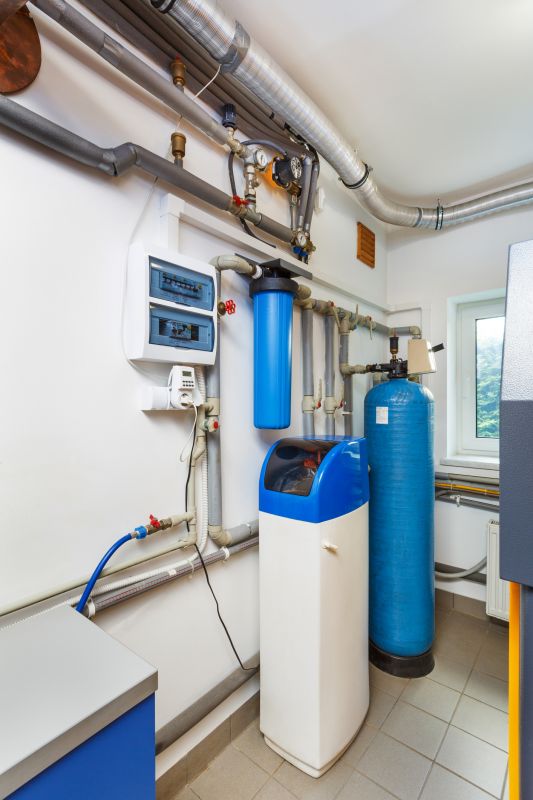
Water treatment systems and filters in operation, ensuring water quality.
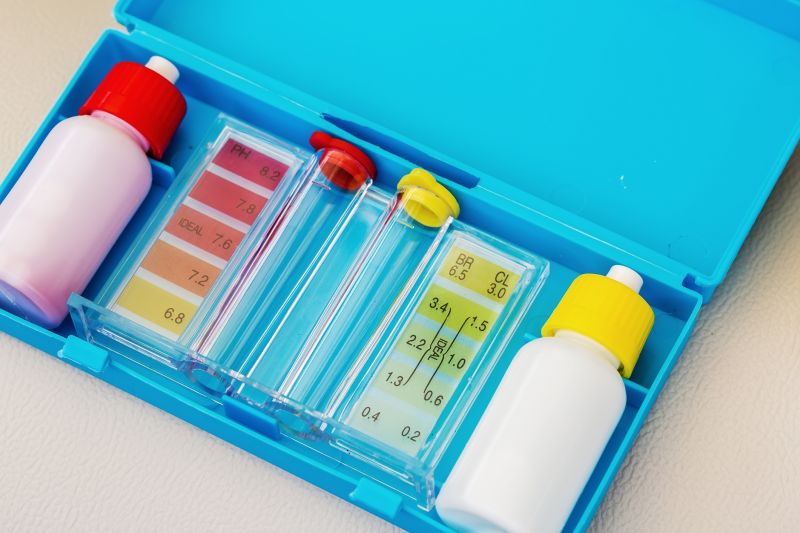
Tools used to monitor water quality and determine treatment timing.
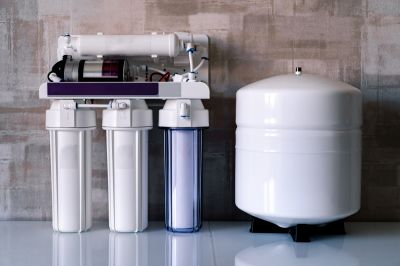
Diagram showing stages of water treatment including filtration and disinfection.
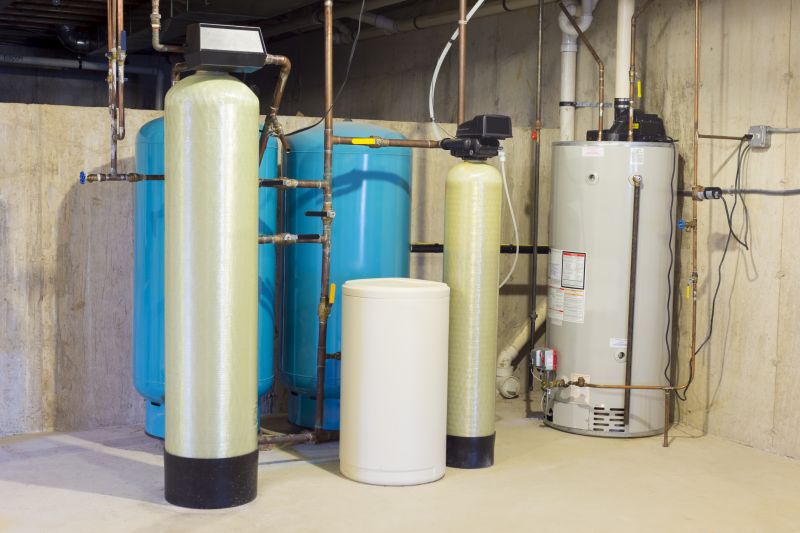
Ways to make Water Treatments work in tight or awkward layouts.
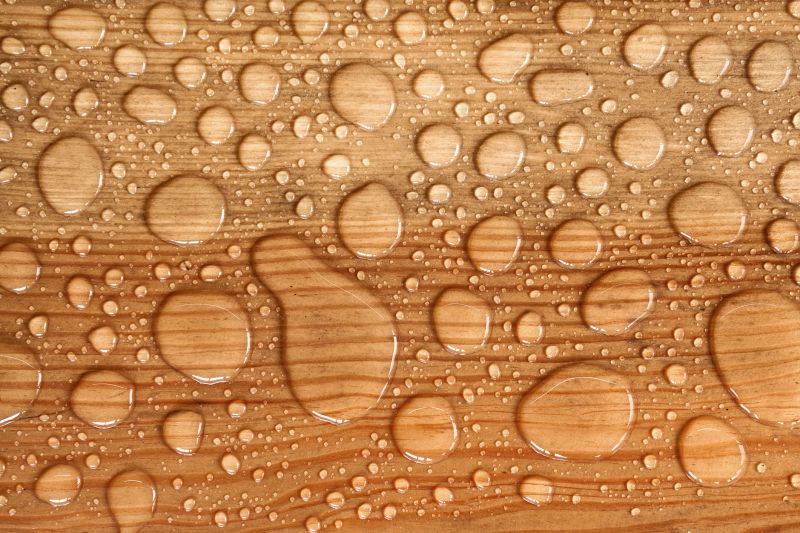
Popular materials for Water Treatments and why they hold up over time.
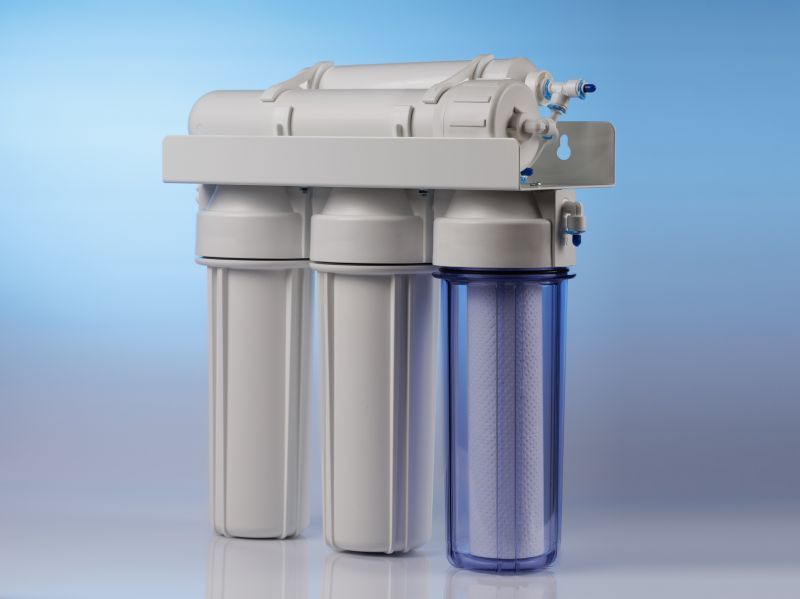
Simple add-ons that improve Water Treatments without blowing the budget.
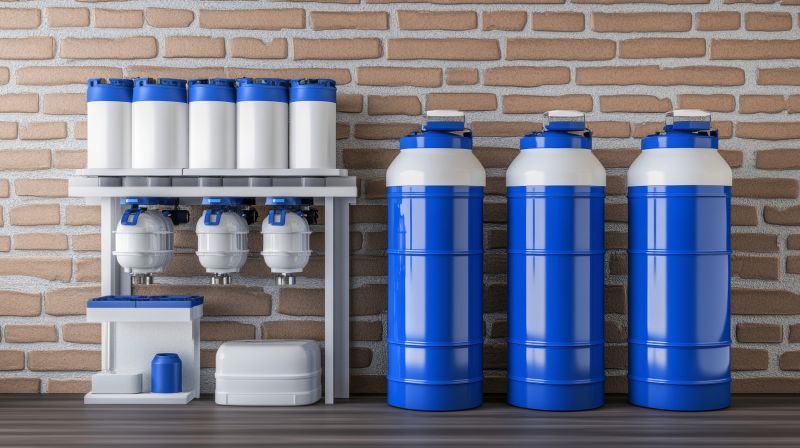
High-end options that actually feel worth it for Water Treatments.
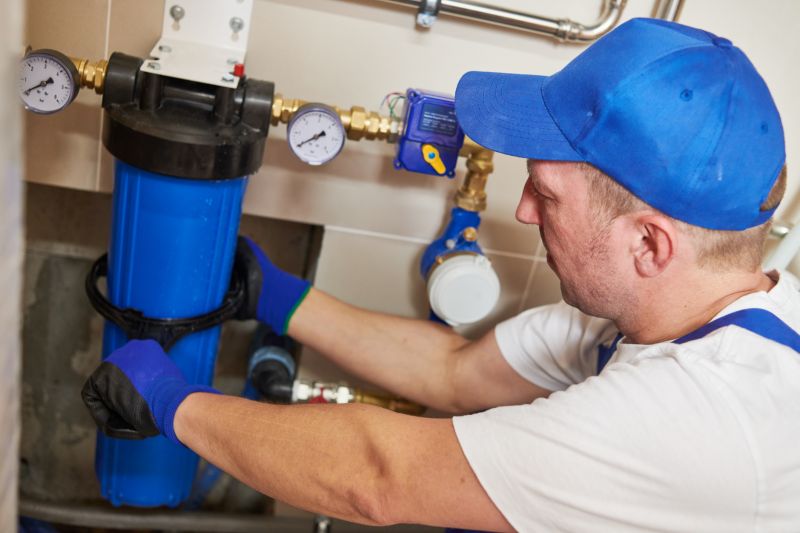
Finishes and colors that play nicely with Water Treatments.
| Timing Consideration | Recommended Action |
|---|---|
| Seasonal Changes | Perform comprehensive treatments in spring and fall. |
| High Usage Periods | Schedule treatments before peak water demand. |
| Post-Maintenance | Treat water after plumbing repairs or system updates. |
| Water Quality Testing | Align treatments with routine testing intervals. |
| Temperature Fluctuations | Treat before temperature changes that affect water chemistry. |
| System Start-Up | Treat water at system start-up after shutdowns. |
| Water Source Changes | Treat when switching or modifying water sources. |
Water treatments are vital for ensuring water safety, preventing buildup of minerals, and maintaining system efficiency. Proper timing can reduce maintenance costs and improve water quality. Regular assessments and adherence to recommended schedules are essential for optimal results.
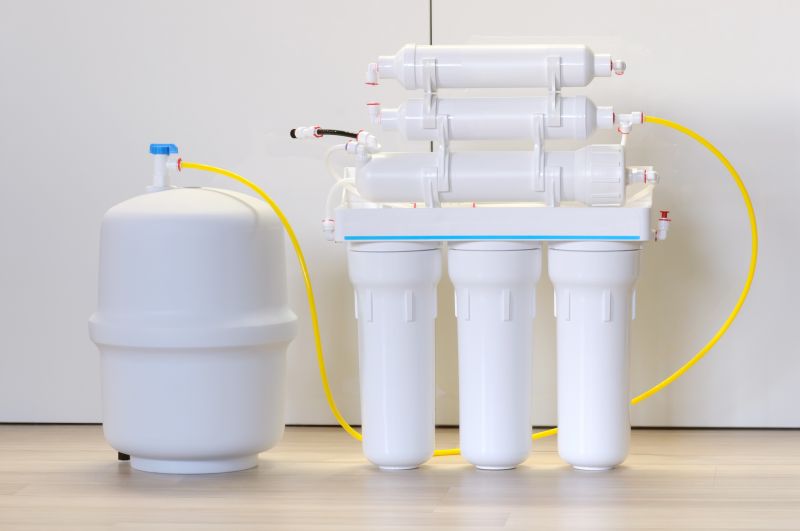
Clean, treated water flowing through a filtration system.
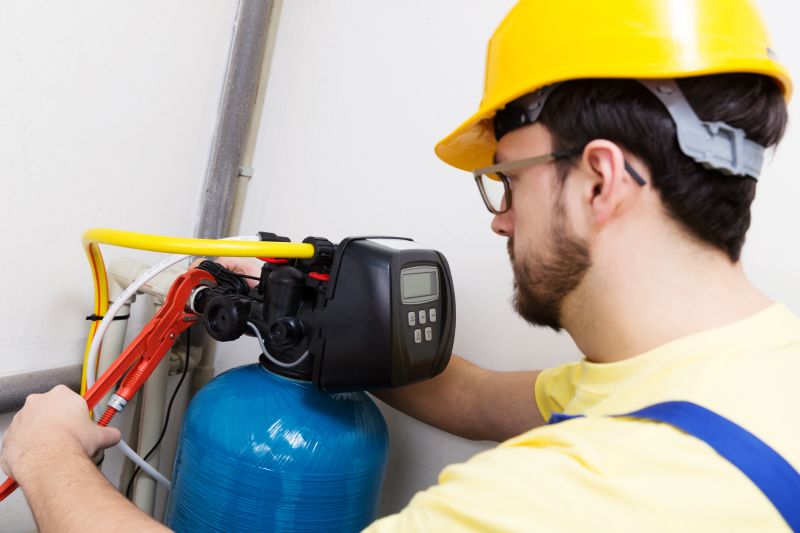
Technician analyzing water samples for quality indicators.
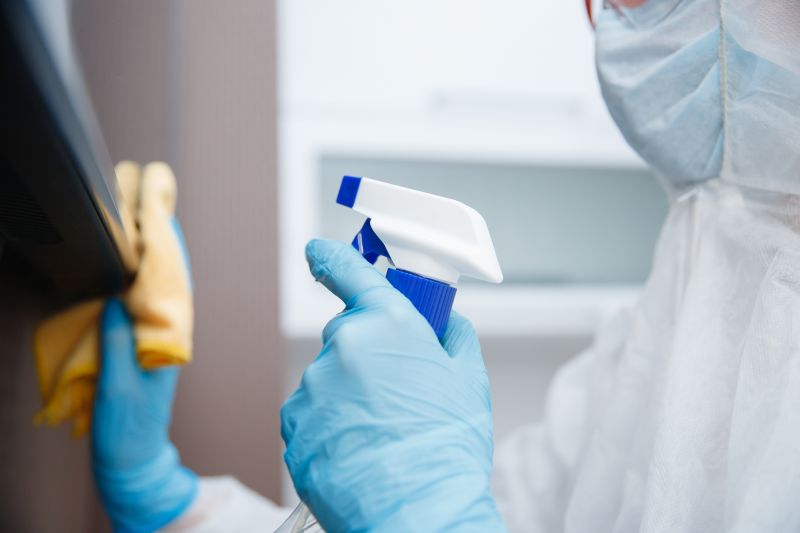
Application of disinfectants to ensure water safety.
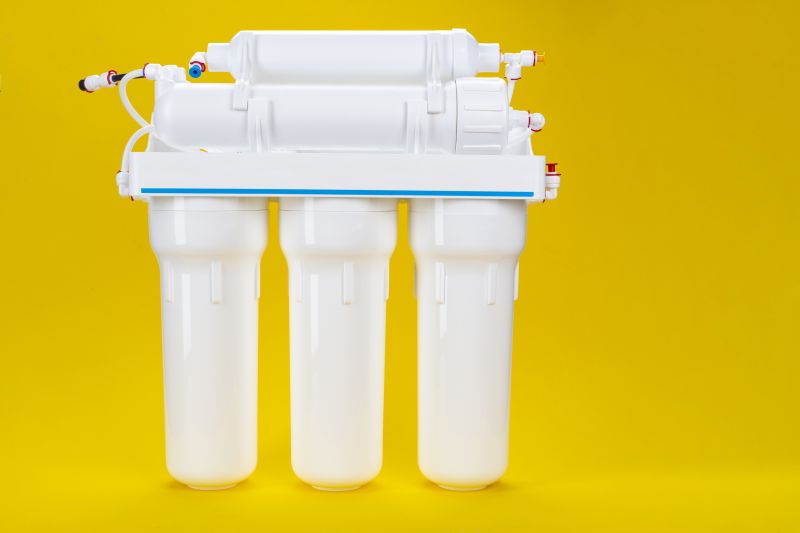
Installation of a water treatment unit in a residential setting.
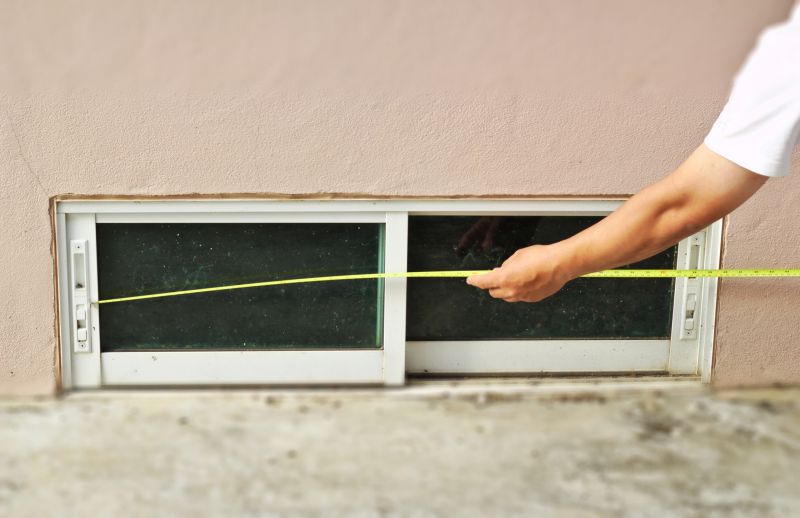
Little measurements that prevent headaches on Water Treatments day.
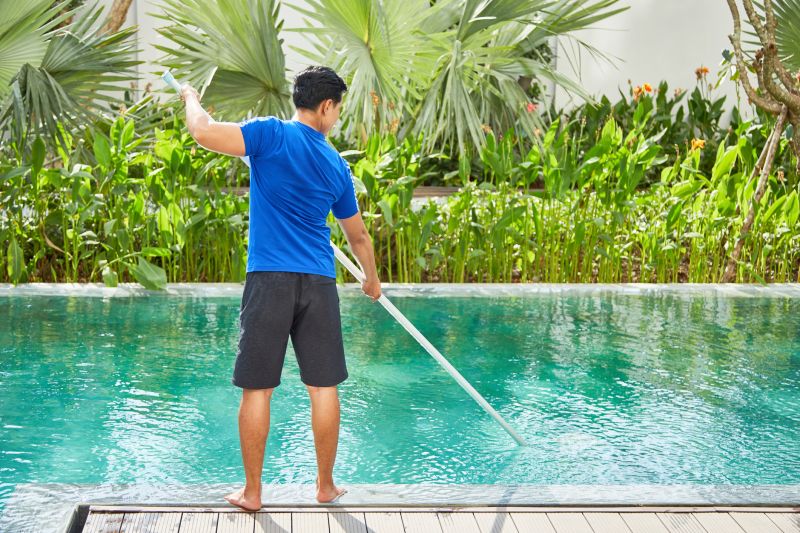
A 60-second routine that keeps Water Treatments looking new.
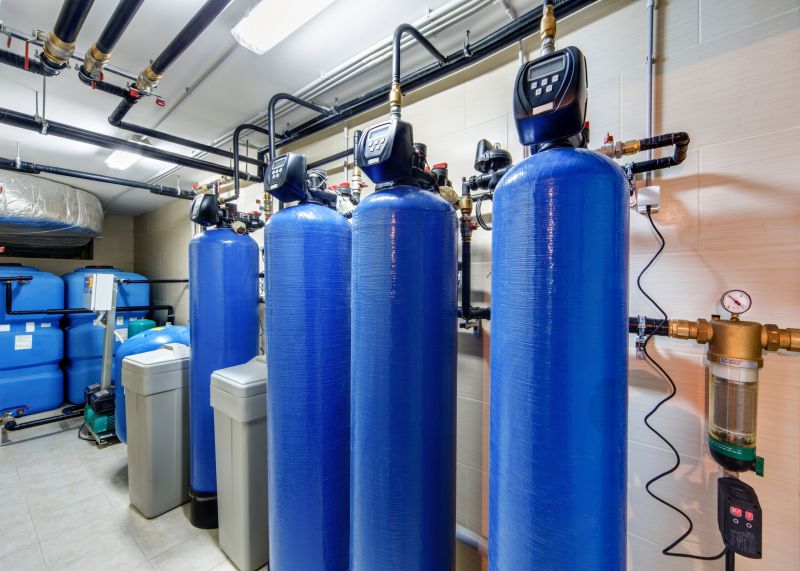
A frequent mistake in Water Treatments and how to dodge it.
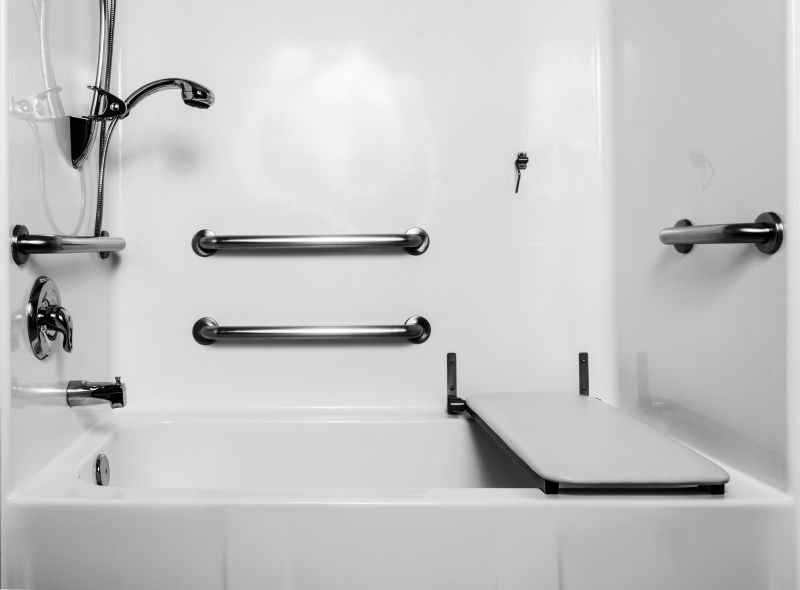
Small tweaks to make Water Treatments safer and easier to use.
Interested in scheduling water treatments or learning more about the optimal timing for your system? Filling out the contact form can provide tailored recommendations and scheduling options to meet specific water quality needs.

